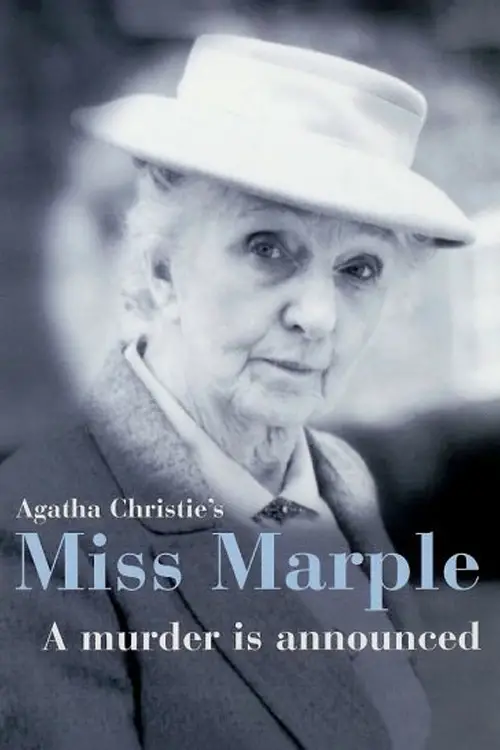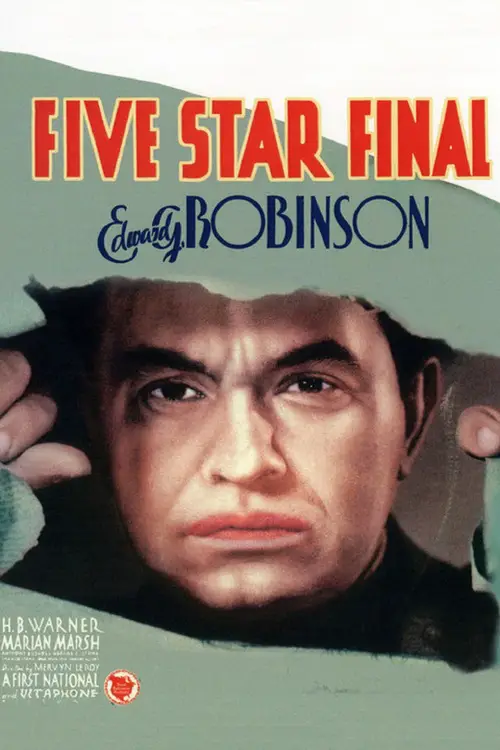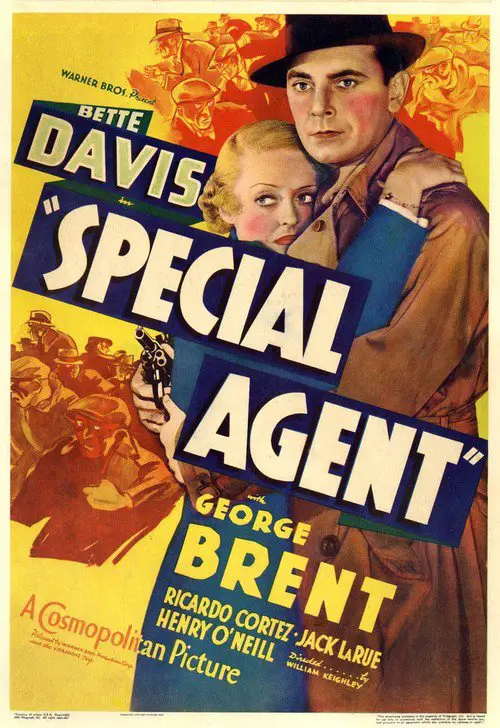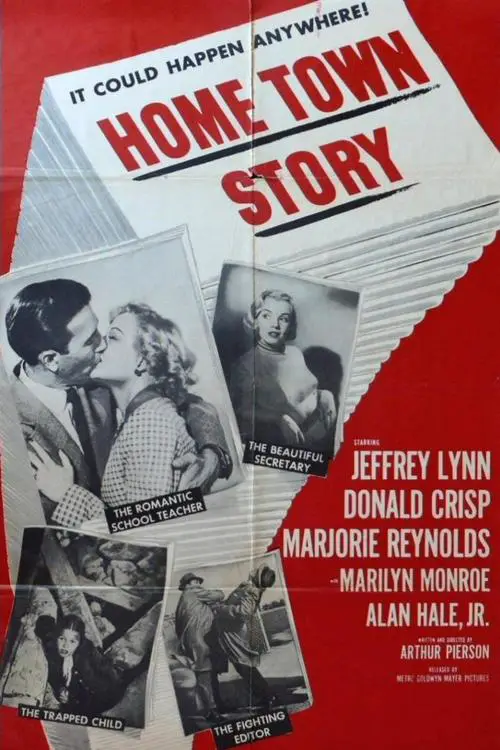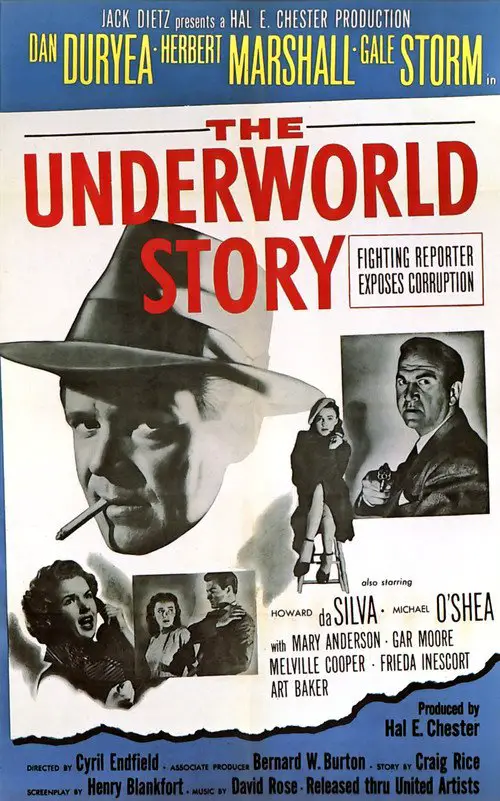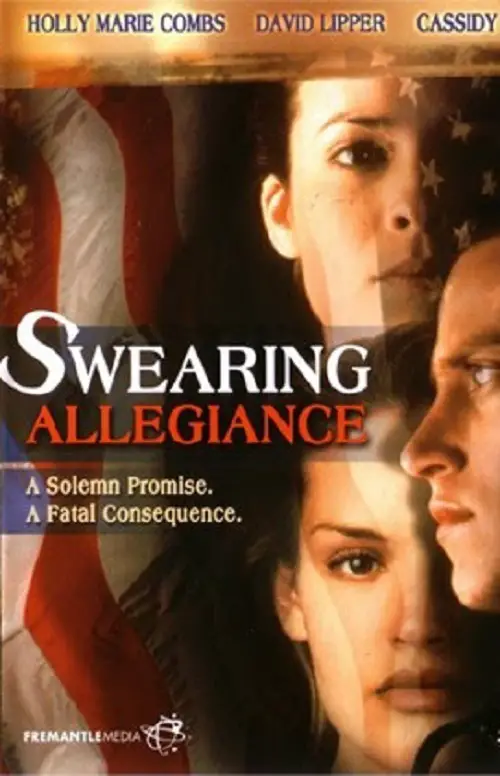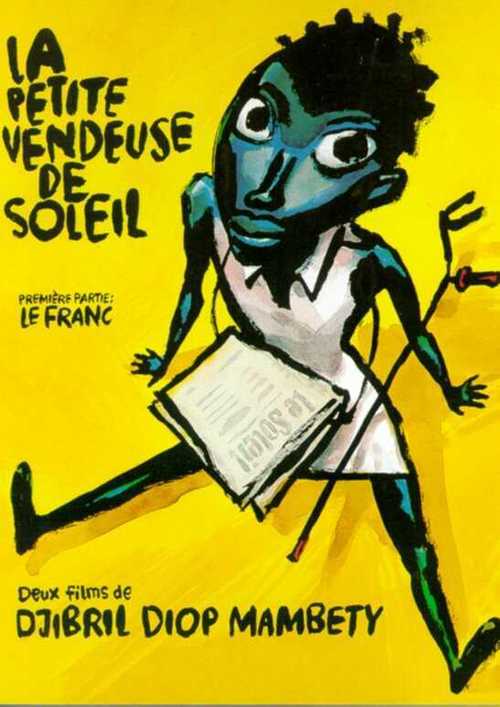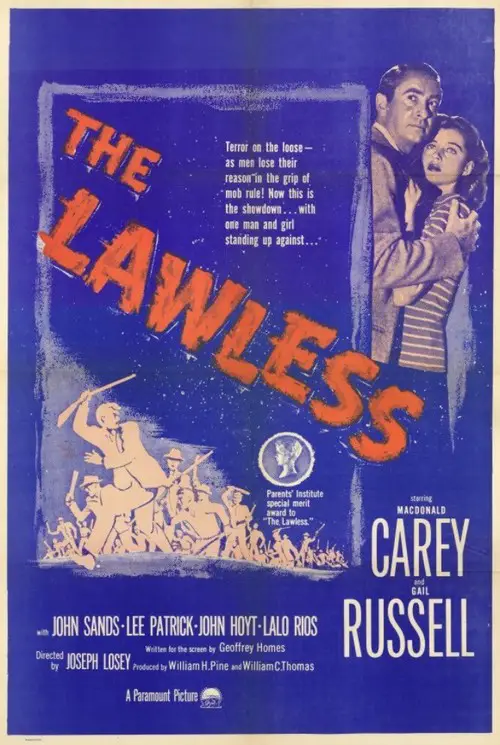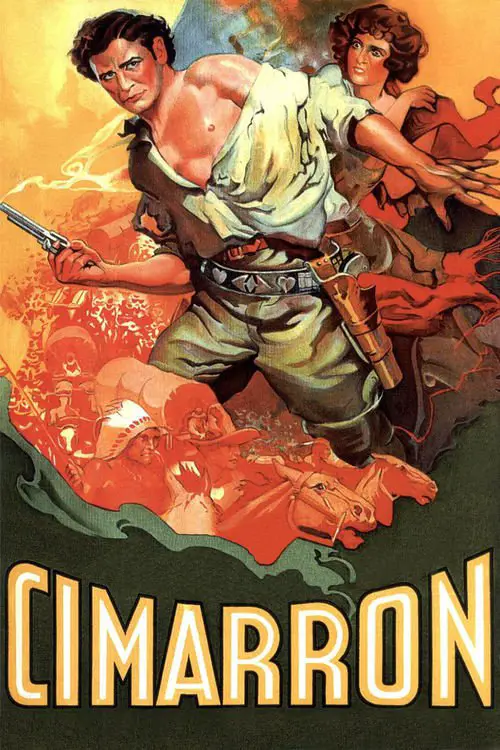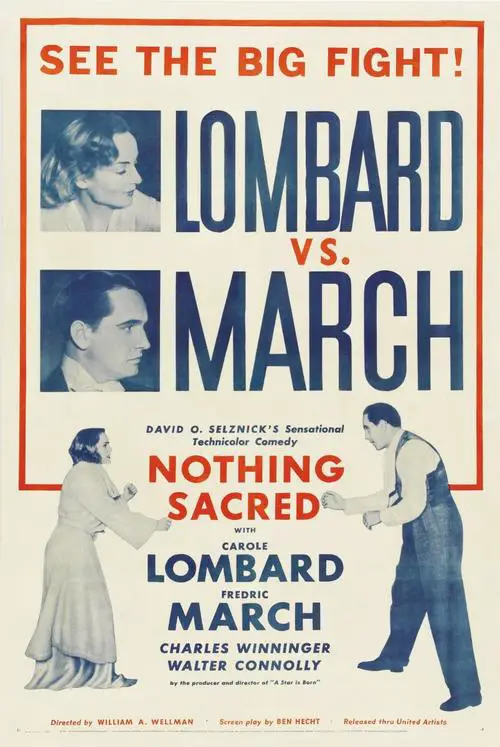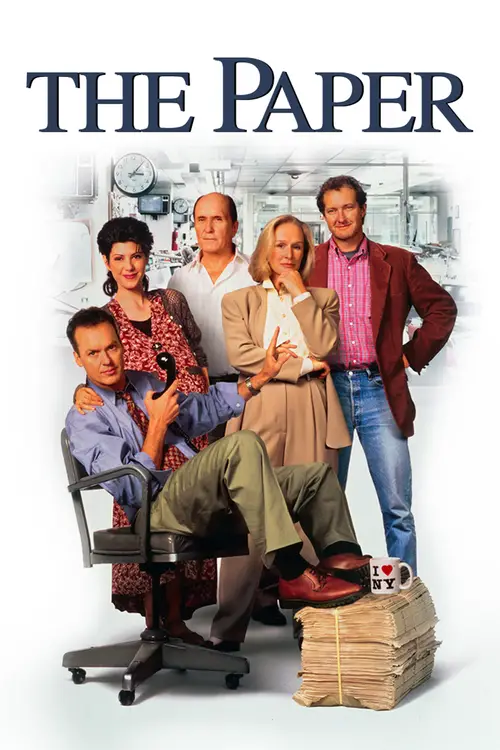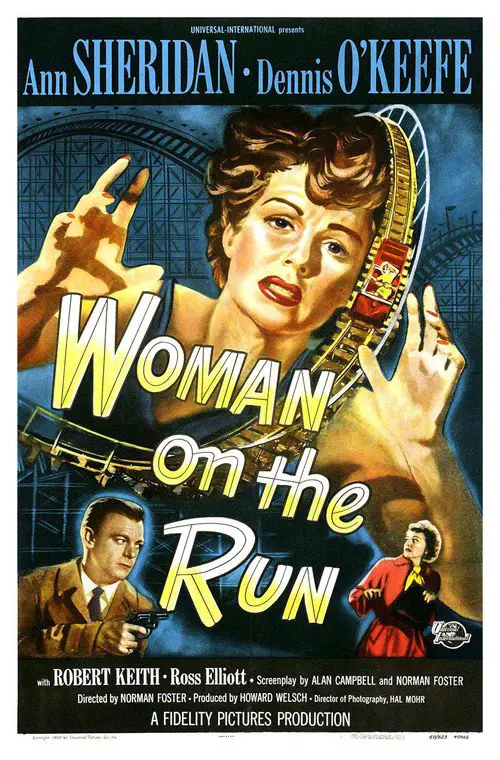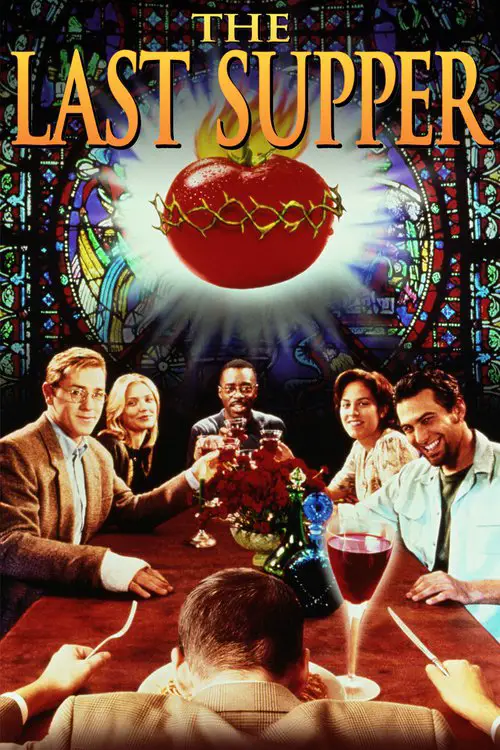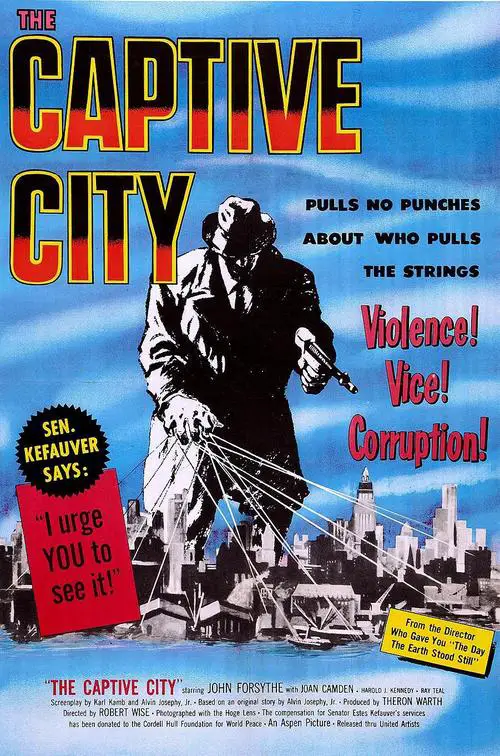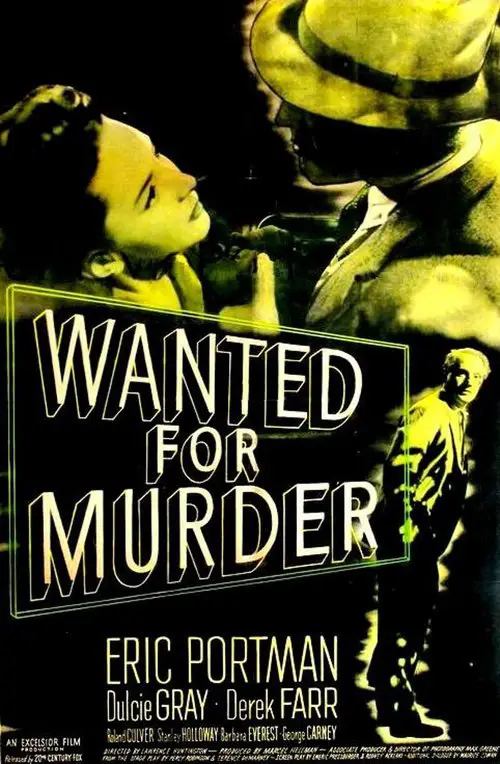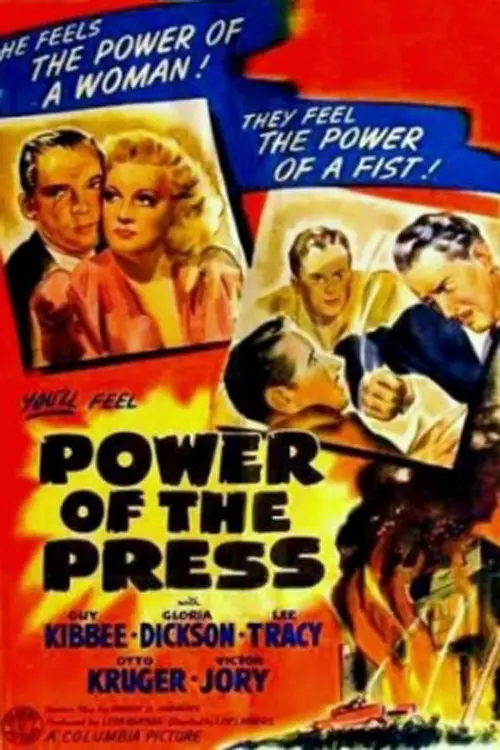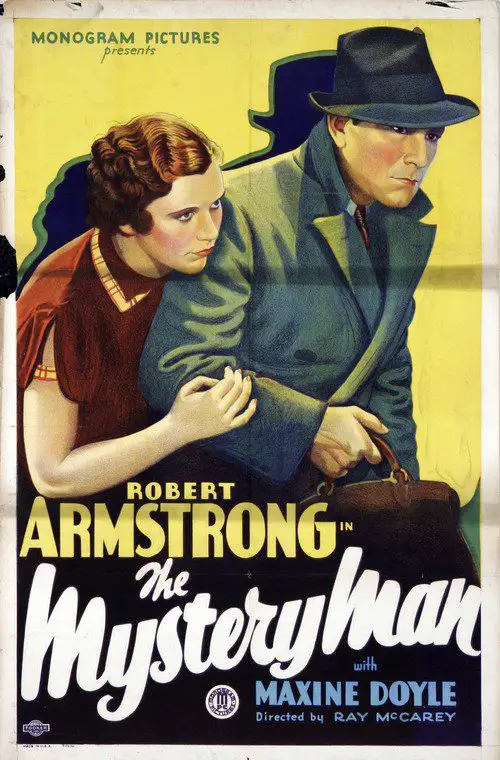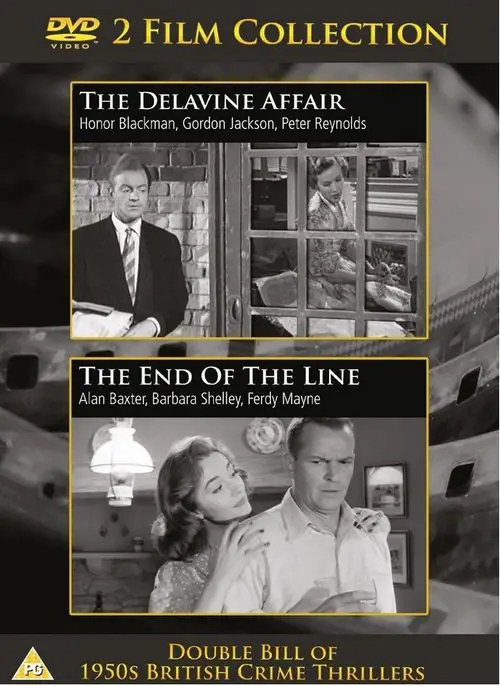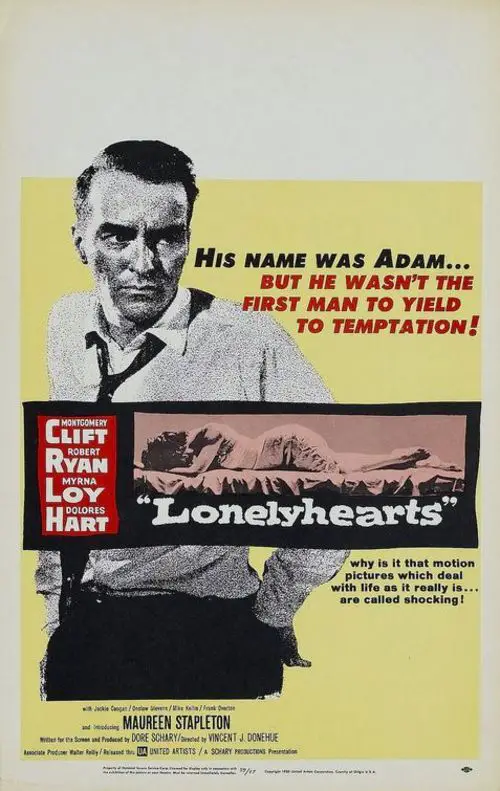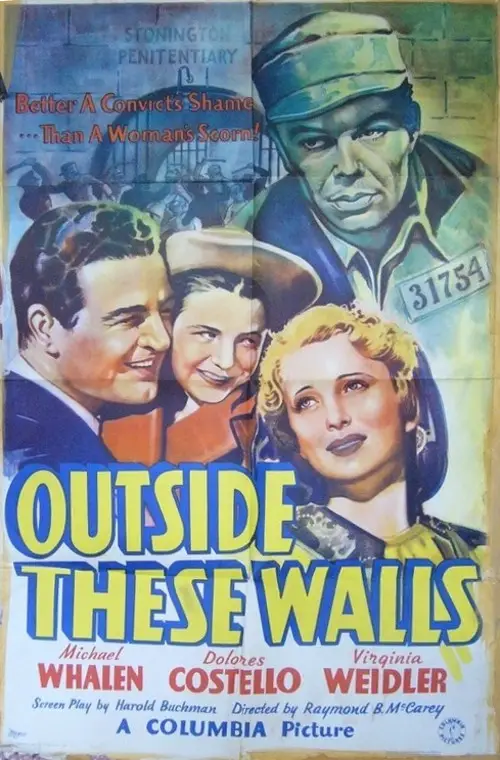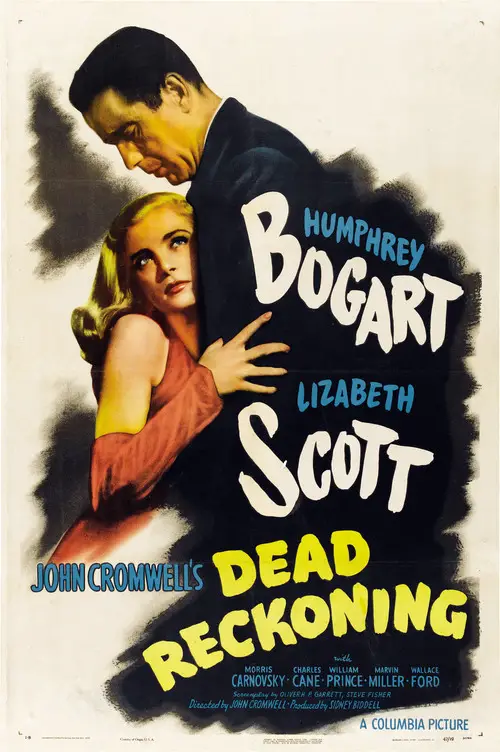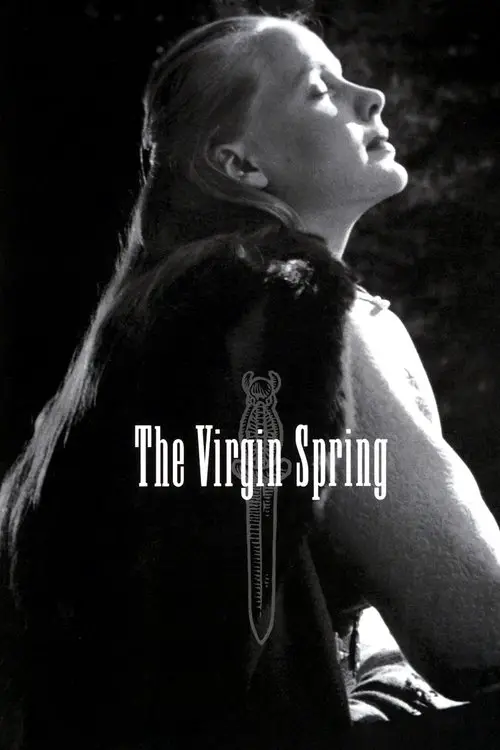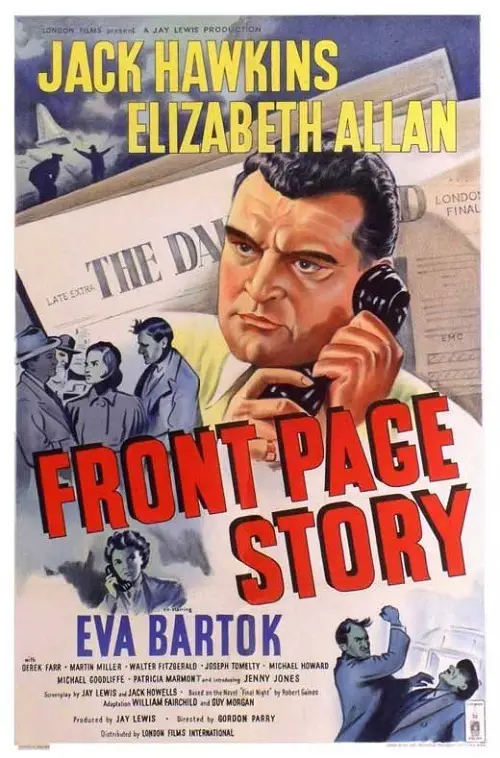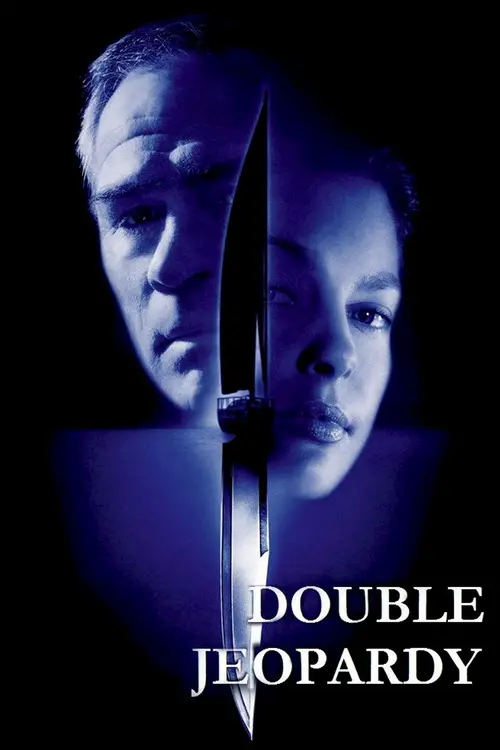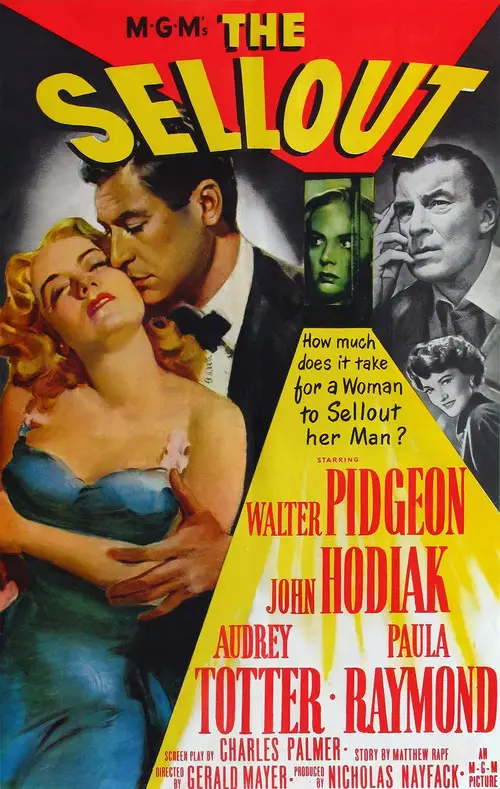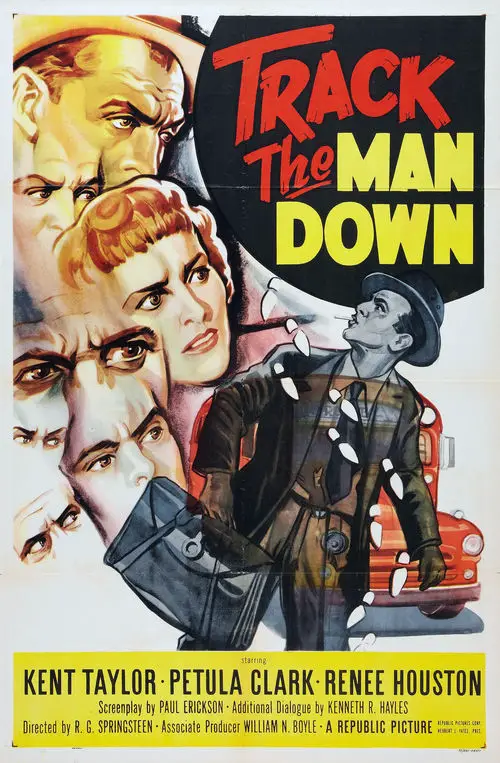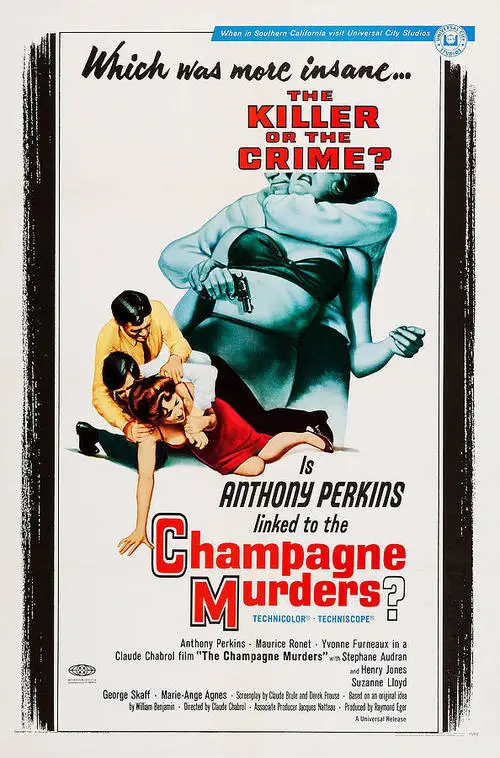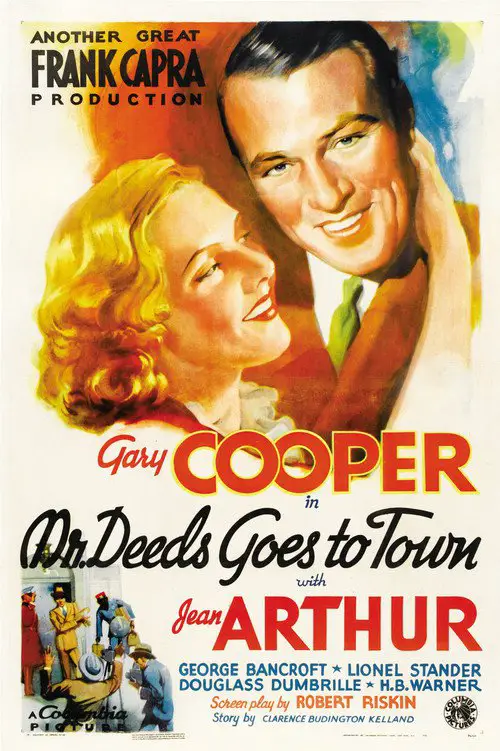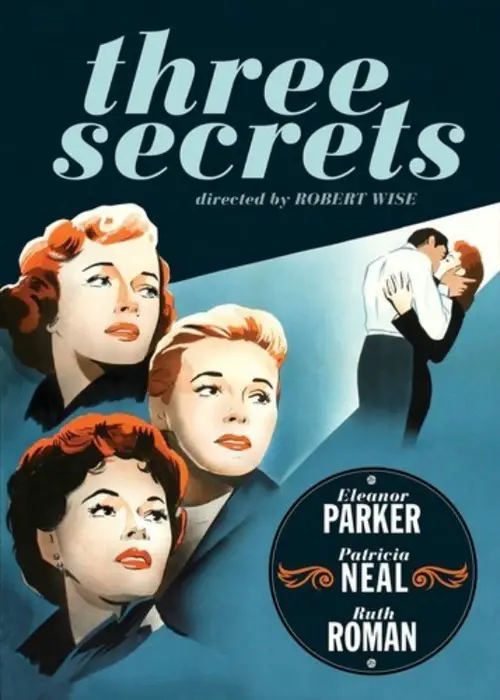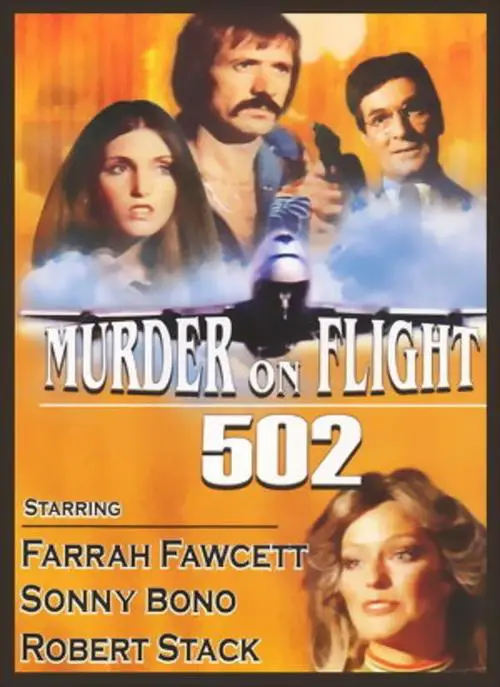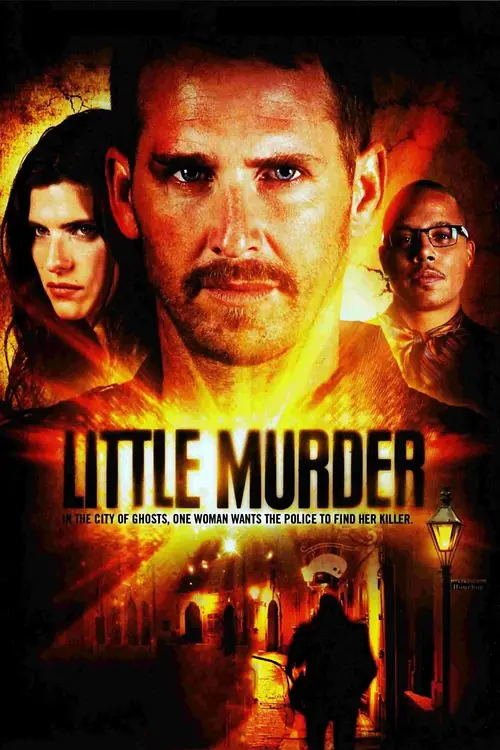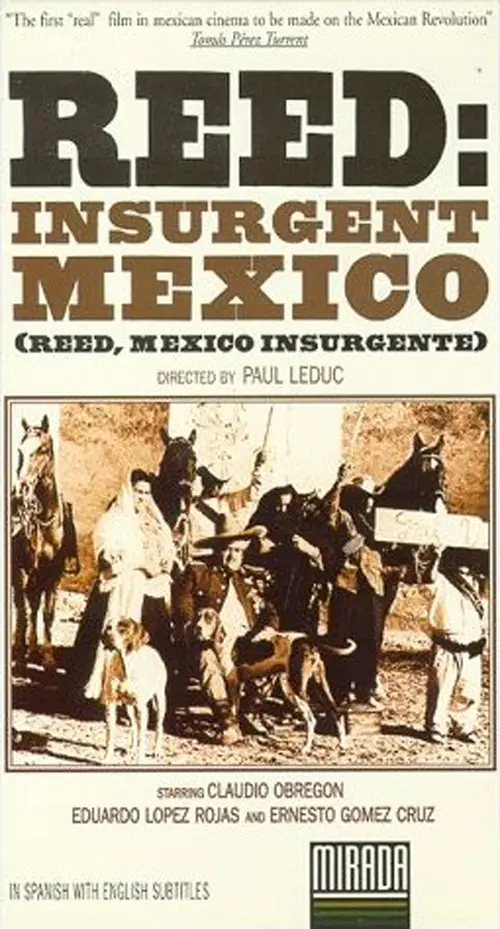Panic On The Air (1936)
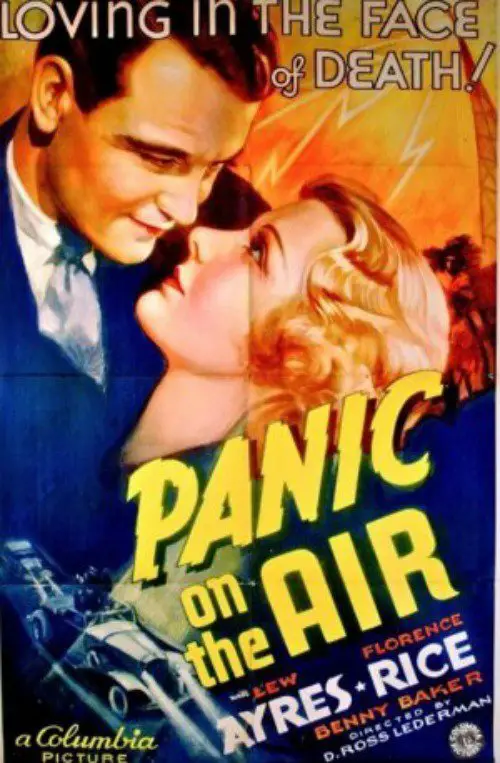
Similar movies
Framed in the 1940s for the double murder of his wife and her lover, upstanding banker Andy Dufresne begins a new life at the Shawshank prison, where he puts his accounting skills to work for an amoral warden. During his long stretch in prison, Dufresne comes to be admired by the other inmates -- including an older prisoner named Red -- for his integrity and unquenchable sense of hope.
Newspaperman Bill Bradford becomes a special agent for the tax service trying to end the career of racketeer Nick Carston. Julie Gardner is Carston's bookkeeper. Bradford enters Carston's organization and Julie cooperates with him to land Carston in jail. An informer squeals on them. Julie is kidnapped by Carston's henchmen as she is about to testify
Blake Washburn blames manufacturer MacFarland for his defeat in the race for re-election to the state legislature. He takes over his uncle's newspaper to take on big business as an enemy of the people. Miss Martin works in the "Herald" newspaper office. When tragedy strikes, Blake must re-examine his views.
At the request of his old war time colleague Ailsa Brimley, George Smiley agrees to look into the murder of Stella Rode. Brimley had only just received a letter from her saying she feared for her life at her husband's hand. The husband, Stanley Rode teaches at Carne School, but Smiley is doubtful that he had anything to do with his wife's death. As Smiley investigates, he learns that Stella was a nosy busybody who loved to learn other's little secrets and then gossip about them - or possibly blackmail them. When a student is killed and Smiley unearths a secret, he has the evidence to name the killer.Based on John Le Carré's 1962 thriller (his first) in which George Smiley is brought out of spy retirement to solve a murder in a British public school. The setting is based on Le Carre"s own schooldays in Sherborne and his brief experience teaching at Eton.
Based on a true story, this film recounts the story of Diane Zamora and David Graham, two high school sweethearts who swear to always be together, even as they enter separate military academies. But when David confesses he had an affair with a classmate, Diane has an ultimatum, leading the two into a murderous pact with severe repercussions.
New York City newspaper writer J.J. Hunsecker (Burt Lancaster) holds considerable sway over public opinion with his Broadway column, but one thing that he can't control is his younger sister, Susan (Susan Harrison), who is in a relationship with aspiring jazz guitarist Steve Dallas (Marty Milner). Hunsecker strongly disproves of the romance and recruits publicist Sidney Falco (Tony Curtis) to find a way to split the couple, no matter how ruthless the method.
The hotshot newspaper reporter Wallace Cook (Fredric March) tries to get in the good graces of his boss, Oliver Stone (Walter Connolly) by exploiting the "imminent" death of an ailing young woman, Hazel Flagg (Carole Lombard). By way of newsprint the doomed young lady becomes the toast of New York City until her health situation is revealed as a hoax.
Frederick Manion, an Army lieutenant, is arrested for the murder of bartender Barney Quill. In his defense, he claims that Quill raped and beat up his wife Laura. Although Laura supports her husband's story, the police surgeon cannot find evidence of rape. Manion is defended by Paul Biegler, a humble small-town lawyer. During the course of interviews, Biegler discovers that Manion is violently possessive and jealous, and that his wife has a reputation for giving her favors to other men. Biegler realizes that the prosecution will try to make the court believe that Laura was the lover of the bartender and that Manion killed him and beat her up when he discovered them together. Manion pleads "not guilty" and Biegler, who knows that his case is weak, sets his assistants to try to find a witness who will save Manion.
Frank Johnson, sole witness to a gangland murder, goes into hiding and is trailed by Police Inspector Ferris, on the theory that Frank is trying to escape from possible retaliation. Frank's wife, Eleanor, suspects he is actually running away from their unsuccessful marriage. Aided by a newspaperman, Danny Leggett, Eleanor sets out to locate her husband. The killer is also looking for him, and keeps close tabs on Eleanor.
Newspaper columnist Peyton MacGruder (Genie Francis) finds a note addressed simply to 'T', washed up on shore. It appears to be from the victim of a recent plane crash, and carries a message of hope and forgiveness from a father to his child. MacGruder's readership is down on her column (called "Heart Healer"), and the paper is going to dump it unless she starts to write from the heart.
Stranded student Pete (Ron Eldard) gets a lift from racist trucker Zack and repays the favor by inviting him in for dinner with his roommates, Jude (Cameron Diaz), Luke (Courtney B. Vance), Marc (Jonathan Penner) and Paulie (Annabeth Gish). When Zack praises Hitler and pulls a knife at the table, the roommates kill him. Rationalizing their actions as a favor to humanity, they bury Zack in the yard and begin to invite other offensive types to a string of similarly murderous meals.
A psychotic child murderer stalks a city. Despite an exhaustive investigation fueled by public hysteria and outcry, the police have been unable to find him. The police crackdown makes it nearly impossible for the organized criminal underground to operate. The criminals decide that the only way to get the police off their backs is to catch the murderer themselves.
In 1932, a cop is killed and Frank Wiecek sentenced to life. Eleven years later, a newspaper ad by Frank's mother leads Chicago reporter P.J. O'Neal to look into the case. For some time, O'Neal continues to believe Frank guilty. But when he starts to change his mind, he meets increased resistance from authorities unwilling to be proved wrong.
Although he's credited only for story, the dialogue has Fuller's headline punch, and of course newspapering was an alternative universe he knew inside out. A publisher whose once-honest New York tabloid has been ideologically hijacked is aiming to make a course correction. Minutes after saying, "The power of the press is the freedom to tell the truth--it is not the freedom to twist the truth," he's a dead man. The rest of the movie deals with the efforts of his old friend, small-town newsman Guy Kibbee, to complete the paper's redemption. Made in mid World War II, the picture angrily and explicitly likens homegrown demagoguery to Nazism--and its condemnation of media organizations "playing on the prejudices of stupid people" has acquired fresh relevance. Otto Kruger and Victor Jory ("a little Himmler") supply the villainy, while Lee Tracy steps up to save the day as a casehardened yellow journalist named Griff.
Hard-boiled newspaper reporter Larry Doyle (Robert Armstrong) goes a bit too far in celebrating a work bonus and wakes up on a train bound for St. Louis with only a buck on his person. To remedy the problem, Doyle pawns the revolver he's carrying. When the gun is subsequently used in a murder, Doyle's problems only multiply. In the meantime, he's also fallen in love with a comely stranger (Maxine Doyle) he convinced to impersonate his wife.
Based on the actual case files for one of the most intriguing unsolved crimes in America, "Zodiac" tells the story of a serial killer that terrified the San Francisco Bay Area, taunting police with his ciphers and letters. The case becomes an obsession for four men as their lives and careers are built and destroyed by the endless trail of clues.
Eager to land a journalistic position, Adam White goes to work as an advice-giving newspaper columnist. His editor, Shrike, takes pleasure in browbeating his alcoholic wife Florence for her past adultery, and assigning his employees journalistic jobs for which they have little aptitude or interest. Shrike goads Adam into meeting one of his correspondents, Fay Doyle, a teary, self-pitying woman who makes a play for him. Adam is torn between his loyalty to the newspaper and his girl Justy.
Walen plays Dan Sparling, a convicted embezzler who becomes editor of his prison newspaper. After serving out his sentence, he sets up an independent newspaper devoted to attacking corruption in public life, encountering various difficulties due to his being an ex-con and opposition from the incumbent administration.
Paratroopers Captain Murdock (Bogart) and Sergeant Johnny Drake (William Prince) are mysteriously ordered to travel to Washington, DC. When Drake learns that he is to be awarded the Medal of Honor, he disappears before newspaper photographers can take his picture. Murdock follows the clues and tracks him down, where he learns Drake is dead. Further investigations reveal unexpected twists.
The defense and the prosecution have rested and the jury is filing into the jury room to decide if a young Spanish-American is guilty or innocent of murdering his father. What begins as an open and shut case soon becomes a mini-drama of each of the jurors' prejudices and preconceptions about the trial, the accused, and each other.
Set in beautiful 14th century Sweden, it is the somber, powerful fable of peasant parents whose daughter, a young virgin, is brutally raped and murdered by goat herders. By a bizarre twist of fate, the murderers ask for food and shelter from the dead girl's parents, who, discovering the truth about their erstwhile lodgers, exact a chilling revenge.
On the afternoon of July 1, 1981, Los Angeles police responded to a distress call on Wonderland Avenue and discovered a grisly quadruple homicide. The police investigation that followed uncovered two versions of the events leading up to the brutal murders - both involving legendary porn actor John Holmes. You're about to experience both versions.
Longfellow Deeds lives in a small town, leading a small town kind of life. When a relative dies and leaves Deeds a fortune, Longfellow moves to the big city where he becomes an instant target for everyone. Deeds outwits them all until Babe Bennett comes along. When small-town boy meets big-city girl anything can, and does, happen.
A five-year-old boy is the sole survivor of a devastating plane crash in the mountains of California. When the newspapers reveal the boy was adopted and that the crash occurred on his birthday, three women begin to ponder if it's the son each gave up for adoption. As the three await news of his rescue at a mountain cabin, they recall incidents from five years earlier and why they were forced to give up their son.
As a parting shot, fired reporter Ann Mitchell prints a fake letter from unemployed "John Doe," who threatens suicide in protest of social ills. The paper is forced to rehire Ann and hires John Willoughby to impersonate "Doe." Ann and her bosses cynically milk the story for all it's worth, until the made-up "John Doe" philosophy starts a whole political movement.
Tired of the noise and madness of New York and the crushing conventions of late Eisenhower-era America, itinerant journalist Paul Kemp travels to the pristine island of Puerto Rico to write for a local San Juan newspaper run by the downtrodden editor Lotterman. Adopting the rum-soaked lifestyle of the late â50s version of Hemingwayâs âThe Lost Generation,â Paul soon becomes entangled with a very attractive American woman, Chenaults and her fiancée Sanderson, a businessman involved in shady property development deals. It is within this world that Kemp ultimately discovers his true voice as a writer and integrity as a man.
A serial killer named Shin-Hyun gives himself up to police. He is imprisoned, awaiting the death sentence for his crimes. Yet the killings do not stop. They continue with all the same characteristics trademarks of the Shin-Hyun serial killings. Detective Mi Yun, and her newly appointed partner, Detective Kang, are assigned to the case. Mi Yun and Kang have difficulty working with each other. Detective Kang follows a new suspect, Huh, and eventually catches him in the act of brutally murdering a woman in a crowded techno bar. Huh is taken into custody after Kang shoots and wounds him at the scene of the crime. Yet the murders continue in copy-cat style. The police desperately hunt for new leads. They start an in-depth investigation of a Doctor Chu, who is Shin-Hyun's psychiatrist. But progress is frustrated when Dr Chu becomes a victim of the copy-cat killings herself. The murdered psychiatrist's former boyfriend quickly becomes the prime suspect, a fanatical character named Choi.
© Valossa 2015–2026
| Privacy Policy
